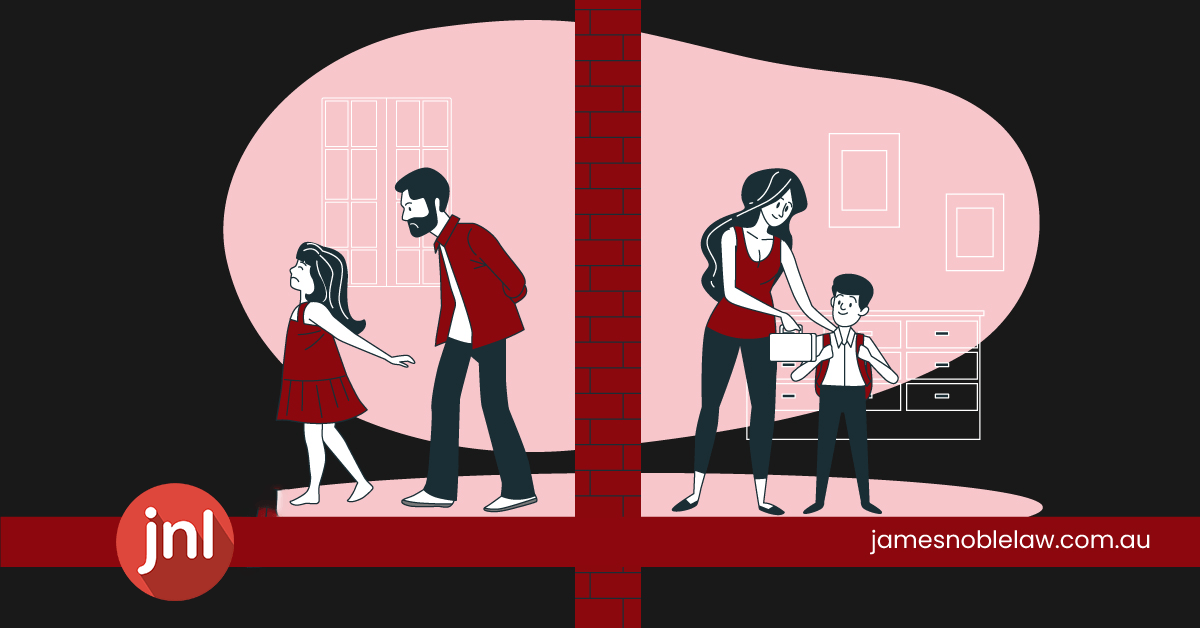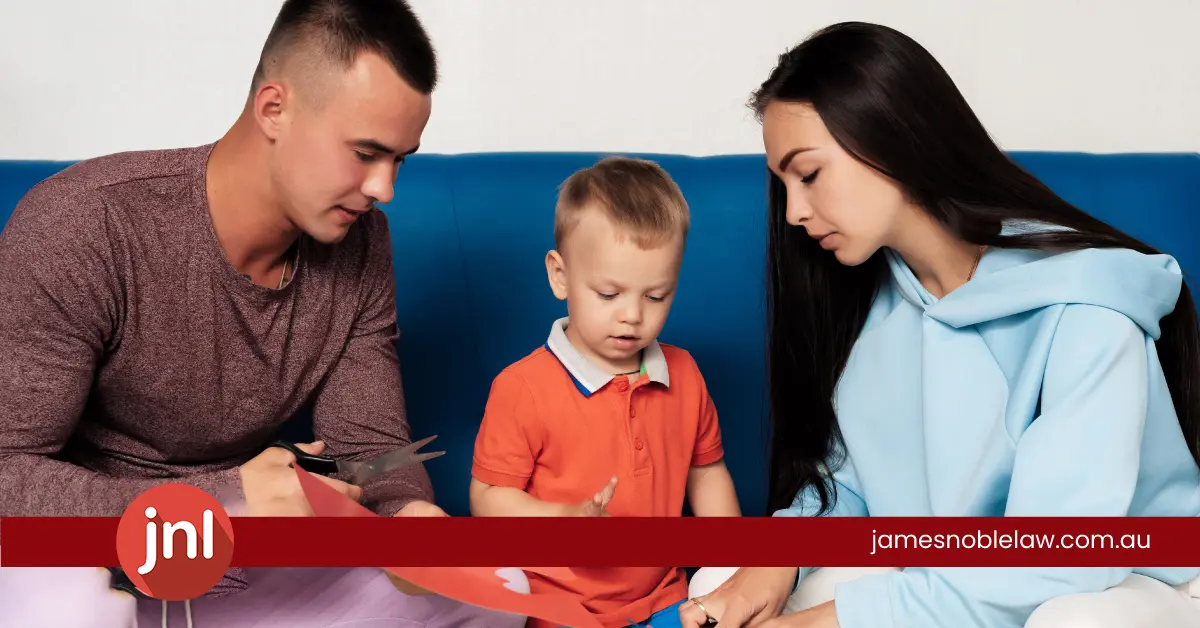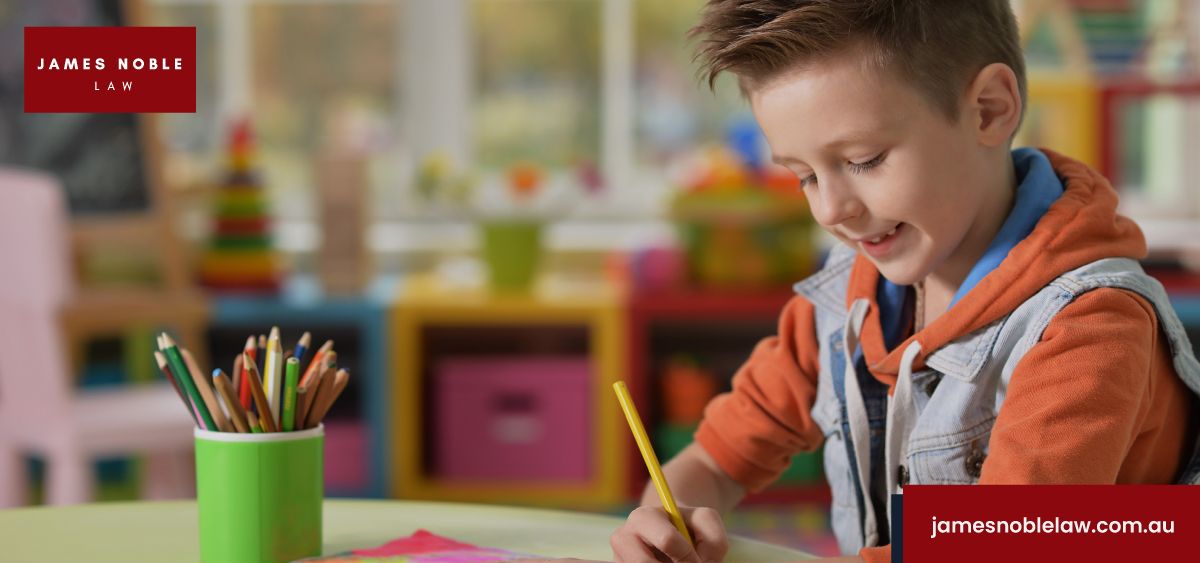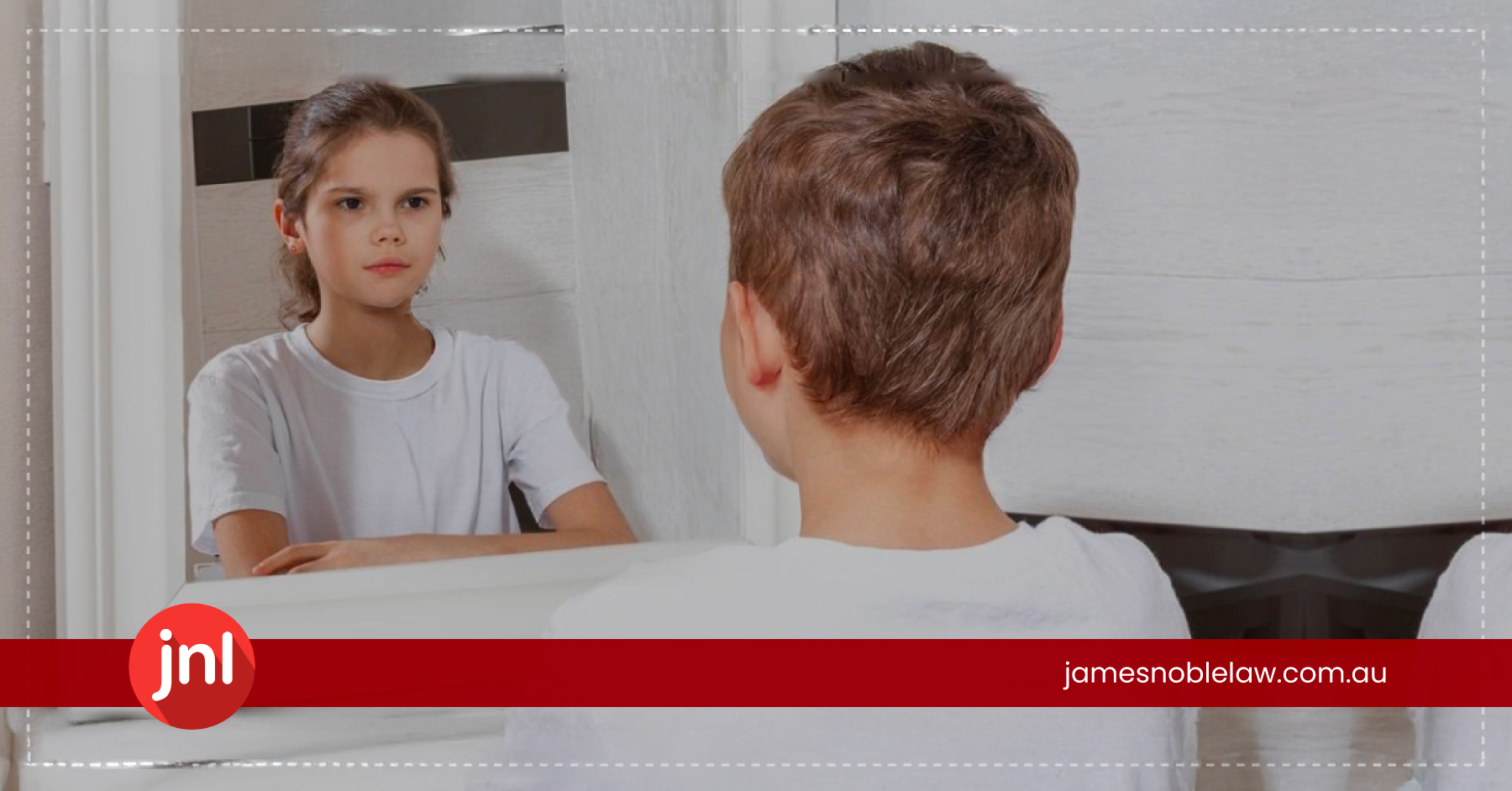Guidelines for Independent Children’s Lawyers (ICLs)
Endorsed by the Chief Justice (Division 1) and Chief Judge (Division 2) of the Federal Circuit and Family Court of Australia and the Chief Judge of the Family Court of Western Australia. In this blog, we explore the Guidelines for Independent Children’s Lawyers. Purpose of these Guidelines These Guidelines aim to provide clarity and practical guidance to Independent Children’s Lawyers (ICLs) in fulfilling their unique and vital role within family law proceedings. They also serve to inform legal practitioners, parties...
Read More
Healing Broken Bonds: Dealing with Parental Alienation
Dealing with Parental Alienation [caption id="attachment_16725" align="alignright" width="300"] Parental Alienation[/caption] Parental alienation is the psychological manipulation of a child into showing unfounded fear, contempt or hostility towards a parent that is unjustified. Alienation is certainly a common counter-allegation when accusations of family violence and abuse are made in family law proceedings. The concept of alienation syndrome is quite controversial, and many argue that it does not exist. In fact, it is so divisive that the Office of the United Nations...
Read More
Sleeping Arrangements : Overnight Time in Parenting Matters Explained
Sleeping Arrangements - Parenting Matters Going through a separation with young children can be challenging. The child’s age can often be weaponised and used as a way to limit access for the parent that does not have primary care. The age group of 0-4 years is significant in the development of the child’s brain and learning. They form critical attachments and emotional bonds with their caregivers during this time. Children also develop the concept of object permanence at around 8...
Read More
A Guide to Changing Child’s Surname
Joint consent is required for Changing Child's Surname Section 4 of the Family Law Act (Cth) 1975 considers changing a child’s surname to be a major long-term issue in relation to the care, welfare, and development of a child. In Queensland, a child’s surname can only be changed with the consent of both parents listed on the child’s birth certificate. If there is consent by both parents, a joint application to the Registry of Births, Deaths and Marriages can be...
Read More
What is an Independent Children’s Lawyer (ICL)
Independent Children's Lawyer (ICL) Relebant Law The Family Court has inherent jurisdiction and hence power to control its own proceedings including the power to appoint and discharge an ICL. Such power is by its nature discretionary. Specifically, the power to appoint an Independent Children's Lawyer (ICL) is provided at s 68L of the Family Law Act 1975 (Cth) (“The Act”). Section 68LA sets out the role of the ICL as follows: 68LA Role of independent children’s lawyer When section applies...
Read More
PARENTING – Schooling – Where the parents seek that their children attend different schools
PARENTING – Schooling – Where the parents seek that their children attend different schools The relevant authorities set out some of the applicable principles as follows: Schooling disputes are not resolved by the application of a “blanket presumption” or preference for the views held by the residential parent. The Court is required to apply the objects and principles of Part VII of the Family Law Act and to consider the statutory criteria in forming conclusions about the child’s best interests. Section...
Read More
Child Relocation and Parenting Orders: Best Interests and Freedom of Movement
Child Relocation and Parenting Orders In most relocation matters a parent will seek to move to a location that would make it difficult for the child to spend time with the other parent. Wherever the child lives the Court will endeavour to ensure that the child should spend reasonable time with the other parent. Consideration of Best Interests of the Child The Court must consider the current, and prospective arrangements for the child and whether they would be in the...
Read More
Consent Orders in Family Law Matters
Consent Orders in Family Law Matters - Australia According to the information provided by Adam Cooper in a paper he has delivered. Consent orders are a very useful means of obtaining orders from the Family Court in regard to property and children's matters. Consent orders carry many advantages, including the exemption in property matters for roll-over stamp duty and capital gains tax. Being an economical and less invasive means of resolution, an ability to divide superannuation interests between the parties,...
Read More
Parenting Orders for Children with Special Needs
Parenting Orders for Children with Special Needs In Part VII of the Family Law Act (1975), there are not specific distinctions for children without special or higher needs when determining what is in the best interests of said child. These are, however, important in determining Orders that will adhere to the child’s best interests. According to studies, parents of children with developmental disabilities are twice as likely to divorce than parents of children without such conditions (Bak & Dunn, 2022)....
Read More
The Basics of Child Support in Australia
What is child support in australia Child support in Australia refers to the financial support provided by one parent to another to help with the costs of raising their child(ren) after separation. There are two main ways this support is managed: self-managed arrangements, where parents agree privately on the amount and method of payment; and formal arrangements through the Child Support Agency, which calculates payments based on a formula considering income, care percentage, and the needs of both parents and...
Read More
Objection to vaccination of children. Family Court’s jurisdiction
In a recent decision in the Family Court found that it was very regrettable that the mother did not support the vaccination of children. [caption id="attachment_16155" align="alignright" width="350"] vaccination of children[/caption] The Court considered that her opposition to the child being vaccinated, as the child’s principal carer, would likely complicate the process and make it much more difficult for the child. The Court considered that in these circumstances it would be counter-productive for the mother to accompany the father and...
Read More
Can I Take My Child Overseas Without Telling My Partner?
Can I Take My Child Overseas Without Telling My Partner? Traveling with a child overseas is usually a decision for both parents to make, if they share parental responsibility for the child or if there are Court Orders in place. Both parents are typically required to sign Passport Applications for their children. Parents should attempt to reach an agreement amicably about such travel decisions and consider attending family dispute resolution in the event that a disagreement arises. Studies have shown...
Read More
What is an ICL ?
Independent Children’s Lawyer (ICL) So your parenting matter is in Court and the Judge has made an Order for an Independent Children’s Lawyer to be appointed in your matter. What is an Independent Children’s Lawyer (ICL) and why has this Order been made? Independent Children’s Lawyers, more commonly referred to as ICL’s are independent separate legal representatives who act on behalf of the child or children who are the subject of the Court proceedings and ensure the best interests of...
Read More
Child Support and Family Law
Child Support Act and Family Law Child Support Act, It is commonly recognised that both parents have a financial obligation to contribute towards the cost of raising their child. The national Child Support Agency under Services Australia is responsible for delivering the child support scheme in addition to regulating, collecting, and administering child support services. They are your first point of call for any child support queries you may have. In Australia, the relevant child support legislation is encapsulated in...
Read More
Can You Change Your Child’s Surname With Sole Parental Responsibility?
Change Your Child's Surname Changing a child’s surname post-separation is a common occurrence in family law. The process is relatively straightforward if both parents agree. However, it becomes complicated when one parent wishes to change a child’s surname post-separation and the other parent opposes such change. In parenting matters, the Court must apply a presumption that it is in the best interests of the child for the parents to have equal shared parental responsibility in relation to major long-term issues...
Read More
What Is The Critical Incident List?
Critical Incident List The Federal Circuit Court and Family Court of Australia implemented a new Court process referred to as the ‘Critical Incident List’ as of Monday 6 June 2022 which was rolled out in all states and territories excluding Western Australia. The Critical Incident List aims to expedite the Court process for vulnerable families that need to make urgent arrangements for children where no parent is available due to circumstances such as death (including homicide or suicide), critical injury...
Read More
CHILD SUPPORT (MAINTENANCE)
Maintaining Child Support in Australia A Party in Australia may apply to vary an overseas maintenance order, agreement or liability registered in Australia. ‘a child support maintenance order made by a judicial authority of a reciprocating jurisdiction’ Matters to be taken into account in considering financial support necessary for the maintenance of a child. The relevant sections of the Family Law Act In considering the financial support necessary for the maintenance of a child, the court must take into account...
Read More
Child Impact Report vs Family Report – What’s the Difference?
Child Impact Report vs Family Report - What’s the Difference? If you are involved in a litigious parenting matter concerning the future care arrangements for your children, it is likely that you have heard the terms ‘Child Impact Report’ or ‘Family Report’. Both documents constitute an independent expert opinion provided to the Court by a suitably qualified Child Court Expert, Psychologist, or Social worker, after a review of court documents and interviews with the parents and children. They are incredibly...
Read More
RELOCATION. Mother and Child to Relocate Overseas
Relocating overseas The Appeal Court of the Family considered an appeal from parenting orders made by a judge of the Family Court of Australia concerning a child who was born in 2011. The mother sought orders for the child to live with her in an overseas Country. The mother’s application was opposed by the father who sought orders for the child to live with him in Australia and spend time with the mother after she relocated. An Independent Children’s Lawyer...
Read More
The diagnosis and treatment of Gender Dysphoria
What is Gender dysphoria? A concept designated as clinically significant distress or impairment related to a strong desire to be of another gender, which may include a desire to change primary and/or secondary sex characteristics. Not all transgender or gender diverse people experience dysphoria. Gillick competent: The legal test is used to determine if a child is capable of giving consent when he or she “achieves a sufficient understanding and intelligence to enable the child to understand fully what is...
Read More






















